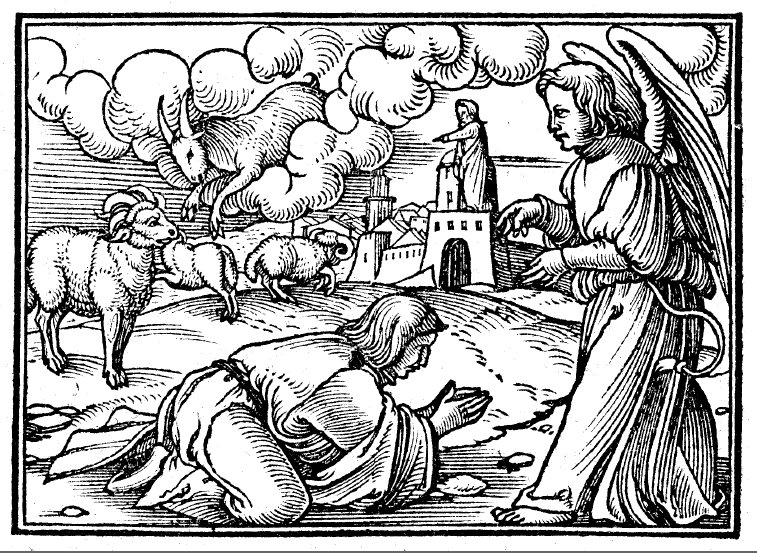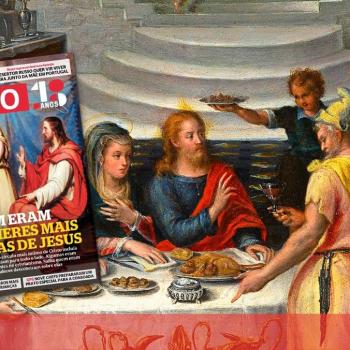 If one looks online for sources discussing the date of the Book of Daniel (and a number of other Biblical texts where the same issues arise), one is bound to come across conservative works which inevitably accuse scholars who date those works later than they do of “anti-supernaturalism.” Unless one rejects the possibility of predictive prophecy from the outset, they claim, then one will not exclude the possibility that these works genuinely predict the events they purport to, rather than having been written later in light of them.
If one looks online for sources discussing the date of the Book of Daniel (and a number of other Biblical texts where the same issues arise), one is bound to come across conservative works which inevitably accuse scholars who date those works later than they do of “anti-supernaturalism.” Unless one rejects the possibility of predictive prophecy from the outset, they claim, then one will not exclude the possibility that these works genuinely predict the events they purport to, rather than having been written later in light of them.
That apologists of a certain stripe would attempt to cast the matter in this way is unsurprising. But it should not be found persuasive.
To understand why, one merely needs to consider the Ethiopic Book of Enoch, or the Sybilline Oracles, or the Testament of the Twelve Patriarchs, or IV Ezra, or any number of other works outside the Bible which scholars – including conservative Christian ones – seem to universally agree do not contain genuine prophecies but offer pseudoprophecies written after the fact – precisely what mainstream scholars say about Daniel.
Why does the alleged openness of conservative Christian scholars to the supernatural not lead them to defend those works from skeptical critical scholarship casting doubts on the authenticity of their prophecies? After all, the Epistle of Jude in the New Testament quotes the Book of Enoch as though it were really by Enoch.
The truth is that the situation is falsely represented when it is depicted as one pitting “antisupernaturalists” against those open to the possibility of the miraculous and the prophetic.
The situation is rather one in which mainstream scholars critically evaluate the alleged prophetic character of any and all texts, irrespective of whether anyone happened to include them in their canon of Scripture, while conservatives engage in special pleading for only a subset of those texts which claim to be prophetic. And they do so, not on the basis of evidence or distinctive traits those particular texts have, but merely on the basis of their prior disposition to view them in a certain way.













